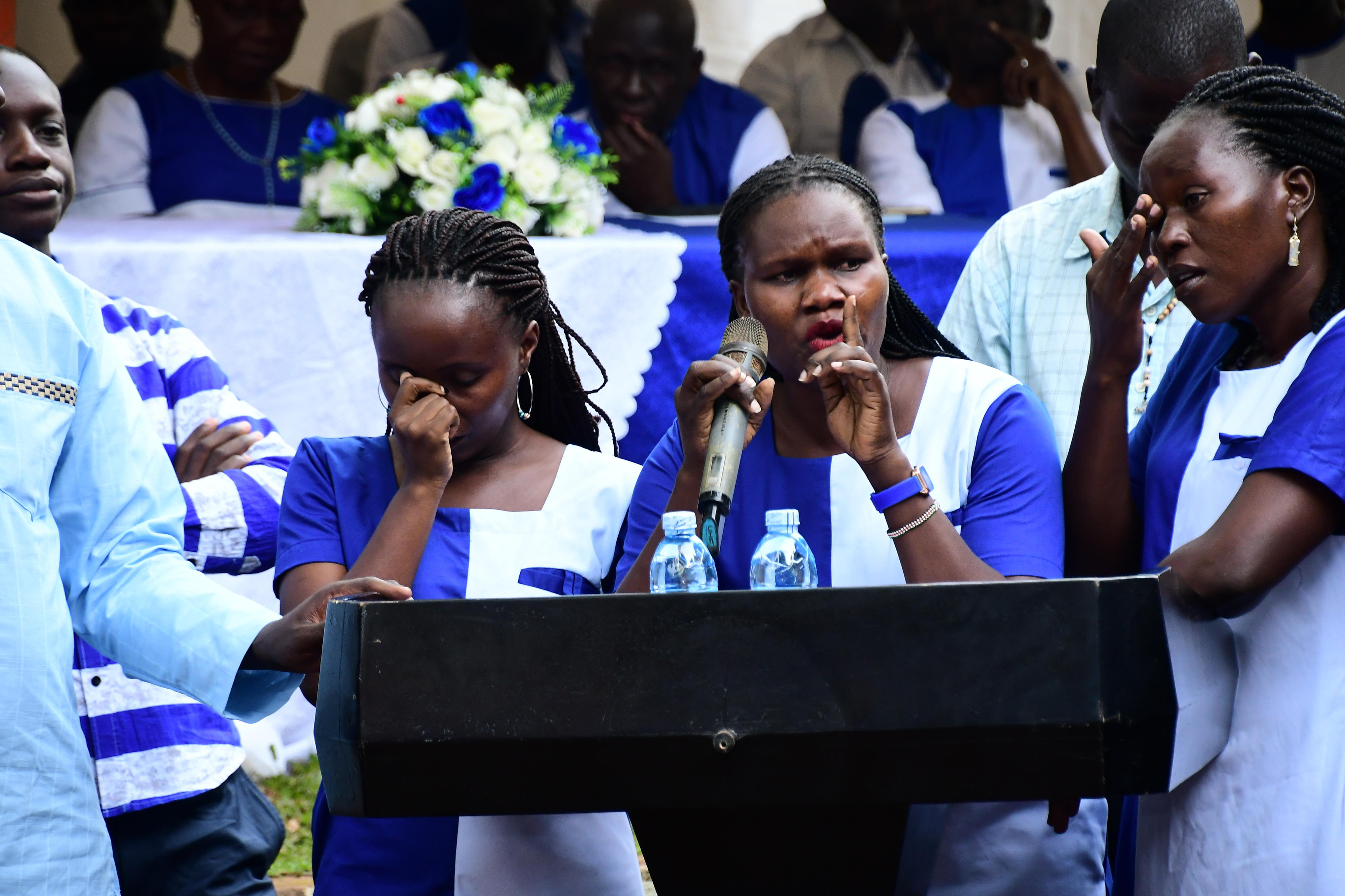Prime
DRC authorities accuse Ugandans of diverting boundary

A Google map showing river Ishasha along the Uganda-DRC border. The DR Congo authorities have claimed that Ugandans living along River Ishasha at the border have diverted a chunk of their territory, about seven kilometres, which they want returned.
The DR Congo authorities have said that Ugandans living along River Ishasha at the border have diverted a chunk of their territory, about seven kilometres, which they want returned.
The claim was raised on Tuesday during a meeting between officials from both countries in Ishasha town in Eastern Congo to agree on a joint cross border patrol on the lakes Edward and George. The meeting specifically reached a deal on Lake Edward following an earlier agreement last week on Lake George.
The delegation from Uganda was led by the First Secretary at the Ministry of Foreign Affairs, Mr Robert Mugimba while the DRC team was led by Ms Fatuma Hassan Sheilla, the North Kivu provincial minister for agriculture.
It was agreed, according to a joint communiqué that, “the DRC government communicates officially” to the Ugandan authorities about the border diversion for the matter to be looked into.
River Ishasha lies within the Lake Edward basin area; it is within the Queen Elizabeth National Park in south western Uganda and Virunga National Part National Park in Eastern Congo.
The river flows into Lake Edward on the Ugandan side, along with River Ncwera, River Ntungwa, and smaller streams of Rwampunu and Nyamweru—all of which drain the Kigezi highlands, according to the World Lakes Database.
Officials from both sides, according to the communique, agreed to conduct joint patrols on Lake Edward from March 11 to March 23. The operations, in Uganda will run from Kayanja in Kasese District to Rubirizi District and in Congo from the Lake Albert port of Kasindi.
The objective of the joint operations, officials said is to stamp out illegal fishing from ‘each other’s’ territory. This follows tensions over the lakes that have flared for years over extent of the boundary and troops from both sides have routinely clashed on the lakes, sometimes resulting to fatalities.
The UPDF Fisheries Protection Unit (FPU) will lead the Ugandan teams during the patrols while the Ministry of Agriculture will offer technical support. Both sides also agreed that “illegal fishers found in each other’s territorial waters shall be handled in accordance with the agreed standard operating procedures” including being handed over rather than being kept as has been the routine.




